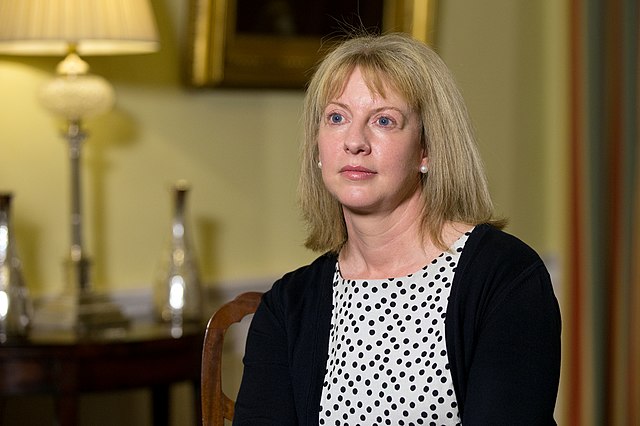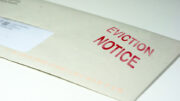From 1 March next year all private rented properties in Scotland will be required to have central heating, a kitchen with adequate space and facilities to prepare and store food.
The reminder comes in the form of updated guidance The Repairing Standard – Statutory Guidance for Landlords, just published.
This brings together both existing and new duties included in the Repairing Standard with which private landlords will be required to comply with as from 1 March next year.
New duties cover kitchens, heating systems, common parts, and fuel supplies.
The revised Repairing Standard will include a requirement to have safely accessible food storage and food preparation space in private rented houses. Scottish landlords will also be required to provide a fixed heating system in their properties.
The existing duty to ensure that the structure and exterior of the house is in a reasonable state of repair and in proper working order will be amended to specify that where a private rented house is a flat in a tenement, the tenant must be able to safely access and use any common parts of the tenement, such as common closes. And Section 16 of the Housing (Scotland) Act 2006 dealing with exceptions to landlords’ repairing duties, is amended to make it clear that a private rented house which is a flat in a tenement does not fail the repairing standard if work otherwise needed to comply with the standard cannot be carried out because a majority of owners in the tenement have refused consent to carry out the work.
The existing duty to ensure fire safety in private rented houses will be amended to specify that common doors must be secure and fitted with satisfactory locks.
The existing duty to ensure that installations for the supply of electricity in a private rented house are in a reasonable state of repair and in proper working order will also specify that these must include a residual current device (a device to reduce the risk of electrocution and fire by breaking the circuit in the event of a fault).
The existing duty to ensure that installations for the supply of gas and electricity in a private rented house are in a reasonable state of repair and in proper working order will be extended to any other type of fuel.
The guidance also covers the action landlords must already take to prevent damp and mould.
‘Landlords have one year to meet our updated Repairing Standard, which will improve the condition of private rented property, make homes safer and ensure consistency between the social and private rented sectors’, said Housing Secretary Shona Robison.
‘The majority of private landlords will already be meeting these standards. The guidance published today will help landlords better understand their responsibilities and ensure those who do need to carry out works can do so in advance of the 1 March 2024 deadline.
‘All rented homes are required to meet standards that ensure they are free from damp and mould, and this guidance will help us to ensure this happens in the private rented sector’.
Drawing members attention to the guidance, the Scottish Association of Landlords pointed out that the new Repairing Standard also requires water pipes in rented properties to be free of lead and where this cannot be ascertained water testing must be carried out to check for the presence of lead piping. Fixed space heating systems must be capable of maintaining a temperature of 21⁰C in at least one room and 18⁰C elsewhere, when the outside temperature is minus 1⁰C. And where the property is in a tenement, common doors must be secure and fitted with satisfactory emergency exit locks and a secure entry system.







